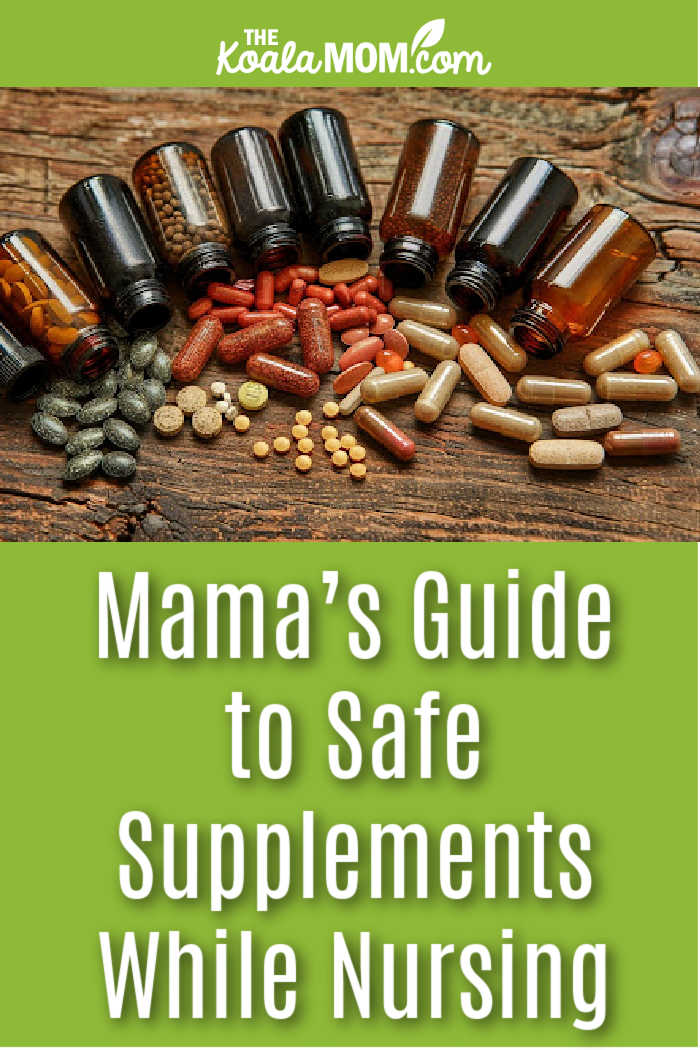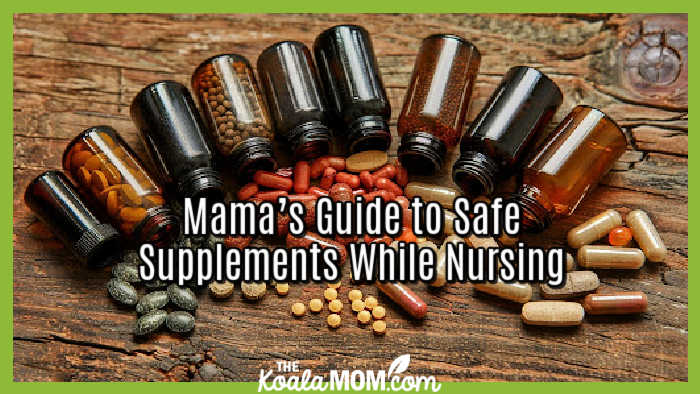Becoming a new mom is one of life’s most precious milestones, but it also comes with a lot of questions—especially when it comes to your health and your baby’s well-being. One frequent concern is whether supplements are safe while nursing. You’re not alone in wondering how to care for your own health without affecting your baby. Rest assured, nurturing your health is possible while still providing the best for your child.

Why Health Matters While Nursing
Breastfeeding moms face increased nutritional demands, and it’s essential to maintain good health. It’s about ensuring your body has the right balance of vitamins, minerals, and nutrients to function optimally. Your body needs more than just fuel to produce breast milk—it requires proper nourishment to maintain energy levels, boost immunity, and support your baby’s development. And sometimes, achieving that balance calls for supplements.
So, can you take Inner Health supplements while breastfeeding? The short answer is yes, but with some caveats. Let’s dive into what you need to know about supplementing safely while nursing.
Safe Supplements to Support Nursing Moms
Not all supplements are off-limits for breastfeeding moms. In fact, certain supplements can enhance your health and milk production. Here are a few safe options to consider:
1. Prenatal Vitamins
It’s a good idea to continue taking prenatal vitamins postpartum, especially if you’re breastfeeding. These supplements are specifically designed to support your body through pregnancy and beyond, ensuring you and your baby get key nutrients like folic acid, iron, and calcium.
2. Vitamin D
Both you and your baby need enough vitamin D to maintain bone health and support immune function. Breastfed infants often don’t get enough vitamin D from breast milk alone, so many healthcare providers recommend supplements. A daily dose of 400 IU is generally recommended for infants, but as a nursing mother, you might benefit from a higher intake to boost your own levels as well.
3. Omega-3 Fatty Acids
Omega-3s, particularly DHA, are vital for brain and eye development in infants. If you’re not getting enough from your diet (like eating fatty fish), you might want to consider a supplement. Just be sure to choose mercury-free fish oil supplements designed for nursing moms.
4. Calcium and Magnesium
Breastfeeding can deplete your calcium stores, which is why calcium supplements are often recommended. Magnesium can also help, especially in maintaining muscle function and reducing the risk of postpartum cramps or headaches.
5. Probiotics
Supporting your gut health while nursing is crucial, and probiotics can help maintain a healthy balance of bacteria in your digestive system. They can also benefit your baby’s digestive health by passing through breast milk.
Supplements to Avoid While Nursing
While some supplements can be beneficial, others may not be safe for your baby. It’s important to be cautious about what you take. Here are a few supplements to avoid or use with extreme caution:
- Herbal Supplements: Herbs like ginseng, kava kava, and some weight loss aids may not be safe for nursing mothers, as they can pass into breast milk. Always consult your healthcare provider before taking any herbal supplement.
- High-Dose Vitamins: While vitamins are essential, taking them in excessive amounts can cause harm. For example, too much vitamin A can be toxic to your baby, and too much vitamin E can interfere with your baby’s immune system.
- Weight Loss Supplements: While it’s tempting to want to get back in shape quickly after giving birth, most weight loss supplements contain stimulants or other ingredients that can affect your milk supply or be harmful to your baby.
What to Look for in a Supplement
When choosing a supplement while nursing, there are a few key factors to keep in mind:
- Quality and Purity: Choose high-quality, reputable brands that offer supplements free from harmful additives, fillers, or contaminants. Look for products that are certified organic or third-party tested for safety.
- Dosage: Stick to the recommended dosages and avoid high-potency formulas unless directed by a healthcare provider.
- Whole-Food Based Supplements: Whenever possible, choose supplements made from whole-food sources. These are more likely to be easily absorbed by your body and less likely to contain synthetic ingredients.
Consulting Your Healthcare Provider
Before starting any supplement regimen, it’s always best to consult your healthcare provider. They can help you determine what your body needs and what supplements are safe based on your specific health situation. Your doctor can also test for any nutritional deficiencies to ensure you’re not taking unnecessary supplements.

Simple Steps for Maintaining Your Health Naturally
In addition to supplements, there are natural ways to boost your health while nursing:
- Eat a Balanced Diet: Incorporate a variety of fruits, vegetables, whole grains, lean proteins, and healthy fats into your daily meals. A balanced diet ensures you get the nutrients needed to support breastfeeding without relying solely on supplements.
- Stay Hydrated: Drinking plenty of water is essential for milk production and overall well-being. Aim for at least 8-10 glasses of water per day.
- Rest and Self-Care: Your body is working hard to nourish your baby, so don’t underestimate the importance of rest. Sleep when you can, and take time for self-care to reduce stress and support your health.
- Gentle Exercise: Light physical activity, such as walking, can boost your mood, increase energy levels, and improve overall health without over-exerting yourself.
Taking care of yourself while breastfeeding is crucial for both you and your baby. Nurturing your health with the right supplements, a nutritious diet, and adequate self-care can help ensure you’re feeling your best throughout your breastfeeding journey. Always remember to consult with your healthcare provider before introducing any new supplement to your routine, and keep in mind that what’s good for you is good for your baby too.
By paying attention to your body’s needs and making informed choices, you can stay healthy, energized, and confident as you nourish your little one. After all, a happy, healthy mama makes for a happy, healthy baby.

No Responses Yet